A Virtual Private Network, or VPN, is a powerful tool for protecting your online privacy and security. It hides your internet activity from prying eyes and can even unlock content from other countries. But with hundreds of options available, how do you find the one that’s perfect for you? Choosing the right VPN involves understanding your own needs, from streaming movies to securing sensitive business data. This guide will walk you through the essential steps to make an informed decision.
First, Understand Why You Need a VPN
Before you even look at different providers, the most important step is to ask yourself what you will use the VPN for. Your personal needs will determine which features matter most. Are you a business owner handling sensitive client information? If so, top-tier security and encryption protocols are non-negotiable.
Perhaps you’re a movie lover who wants to access streaming libraries from other countries. In this case, high speeds and a wide range of server locations will be your priority. On the other hand, if you simply want to protect your data on public Wi-Fi, a more basic, security-focused VPN might be enough.
Answering this question first helps you filter out options that don’t fit your primary goal. Make a list of your must-have features, whether it’s speed, security, price, or the ability to bypass geo-restrictions.
Key Features to Look for in a VPN Provider
Once you know your “why,” you can start comparing the technical features of different VPN services. Not all VPNs are created equal, and the details can make a huge difference in your online experience. Look beyond the marketing and focus on the core components that guarantee a safe and efficient connection.
Some features are universal, while others are specific to certain needs. For instance, a strong “no-logs” policy is crucial for anyone concerned about privacy. This means the VPN provider does not track or store any information about your online activities.
Here are some of the most important features to check for:
- Strong Encryption: Look for AES-256 encryption, which is the industry standard used by governments and security experts worldwide.
- No-Logs Policy: A strict, independently audited no-logs policy ensures your browsing history remains private.
- Server Network: A large and geographically diverse server network gives you more options for faster speeds and unblocking content.
- Kill Switch: This feature automatically disconnects you from the internet if your VPN connection drops, preventing any data leaks.
Considering these points will help you narrow down your choices to reputable providers that take your security seriously.
Choosing the Right Payment Plan for Your Budget
VPN services offer a variety of subscription models to fit different budgets and commitment levels. The most common options are monthly, annual, and multi-year plans. Generally, the longer you commit, the lower the monthly cost.
A monthly plan offers the most flexibility, allowing you to cancel at any time. This is a great option if you only need a VPN for a short period, like for a trip abroad. However, it is almost always the most expensive option on a per-month basis.
Annual or two-year plans provide the best value for your money. Providers often offer deep discounts for users who are willing to pay upfront for a longer term. If you plan on using a VPN regularly for privacy or streaming, a long-term plan will save you a significant amount of money.
Some providers even offer lifetime deals, which can be tempting. These are best suited for business owners or individuals who are confident they will use the service for many years to come.
Always Check for a Money-Back Guarantee
No matter how much research you do, you can never be 100% sure a VPN is the right fit until you try it. A provider might look perfect on paper, but you could find that its speeds are too slow for your connection or that its app is difficult to use.
This is why a money-back guarantee is so important. Reputable VPN providers typically offer a risk-free trial period, usually ranging from 7 to 30 days. This allows you to test the service thoroughly and see if it meets all your needs.
If you’re not satisfied for any reason, you can request a full refund within the specified period. This policy shows that a company is confident in its product and puts the customer first. Avoid any VPN service that does not offer a clear and straightforward money-back guarantee.
User Experience and Device Compatibility Matter
A powerful VPN is useless if it’s too complicated to use. The best VPN services have simple, intuitive apps that allow you to connect to a server with just a few clicks. The user interface should be clean and easy to navigate, even for someone who has never used a VPN before.
It’s also crucial to ensure the VPN is compatible with all the devices you plan to use it on. Most top providers offer dedicated apps for all major platforms, including:
| Operating System | Common Devices | App Availability |
|---|---|---|
| Windows | Desktops, Laptops | Yes |
| macOS | MacBooks, iMacs | Yes |
| Android | Smartphones, Tablets | Yes |
| iOS | iPhones, iPads | Yes |
If you want to protect multiple devices, check how many simultaneous connections the provider allows on a single subscription. Most services offer between 5 and 10, which is usually enough to cover all your gadgets.
How to Research and Compare VPN Services
After you have a shortlist of potential VPNs, it’s time to do some final research. Don’t rely solely on the provider’s website. Look for independent reviews from trusted tech publications and real user feedback on forums like Reddit.
Reading a mix of expert and user reviews will give you a well-rounded view of the service’s strengths and weaknesses. Pay attention to comments about connection speed, reliability, and customer support. A VPN that has responsive and helpful customer service can be a lifesaver if you run into any issues.
Create a simple checklist or comparison chart to weigh the pros and cons of your top choices based on the factors that are most important to you. This will make the final decision much clearer and easier.
Frequently Asked Questions about Choosing a VPN
Is a free VPN good enough for basic use?
While free VPNs can be tempting, they often come with limitations like slow speeds, data caps, and fewer server locations. More importantly, some may compromise your privacy by selling your data to third parties, which defeats the purpose of using a VPN.
What is the difference between a monthly and an annual VPN plan?
A monthly plan offers flexibility as you can cancel anytime, but it costs more per month. An annual plan requires a one-time payment for the whole year but offers a significant discount, making it much cheaper in the long run.
Does using a VPN make me completely anonymous online?
A VPN greatly enhances your privacy by hiding your IP address and encrypting your traffic, but it doesn’t make you 100% anonymous. For true anonymity, you would need to combine a VPN with other tools like the Tor browser and practice safe browsing habits.
How many devices can I use with one VPN subscription?
Most VPN providers allow you to connect multiple devices simultaneously under a single account. The number typically ranges from 5 to 10 devices, but some services offer unlimited connections.
Will a VPN slow down my internet speed?
Using a VPN can slightly reduce your internet speed because your data has to travel through an extra server. However, premium VPNs use high-speed servers and optimized protocols to minimize this speed loss, so you often won’t even notice it.

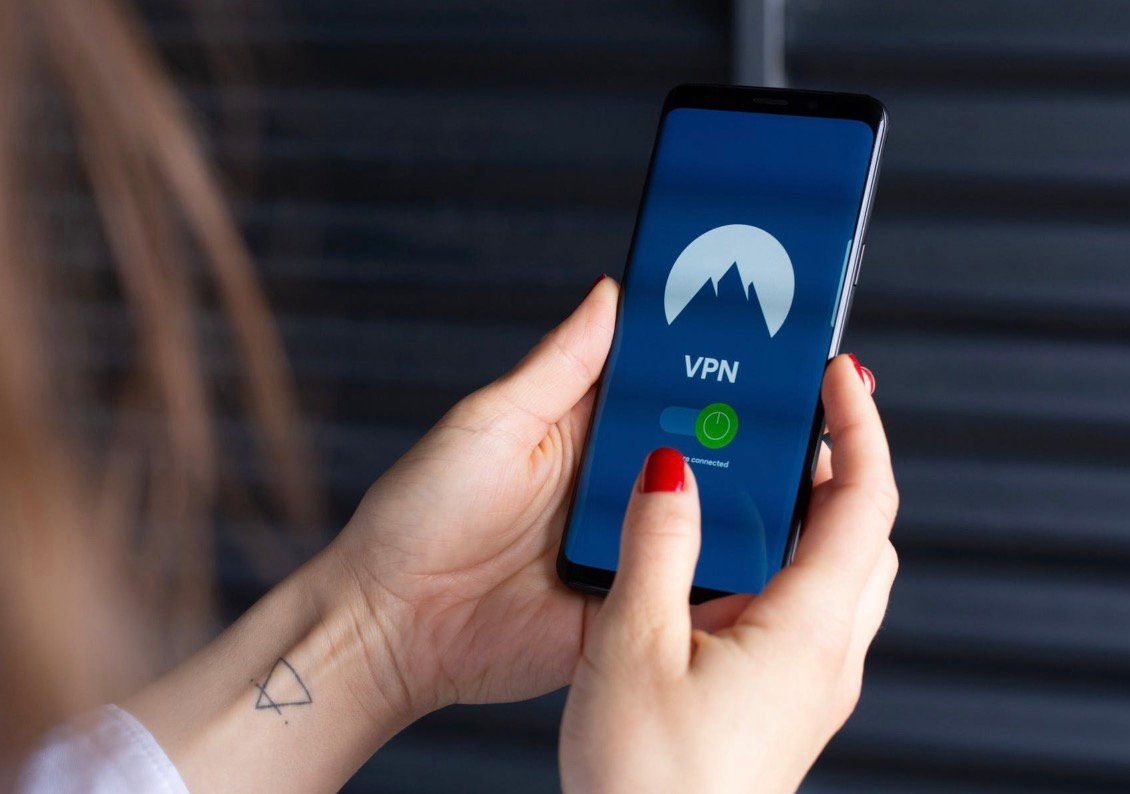

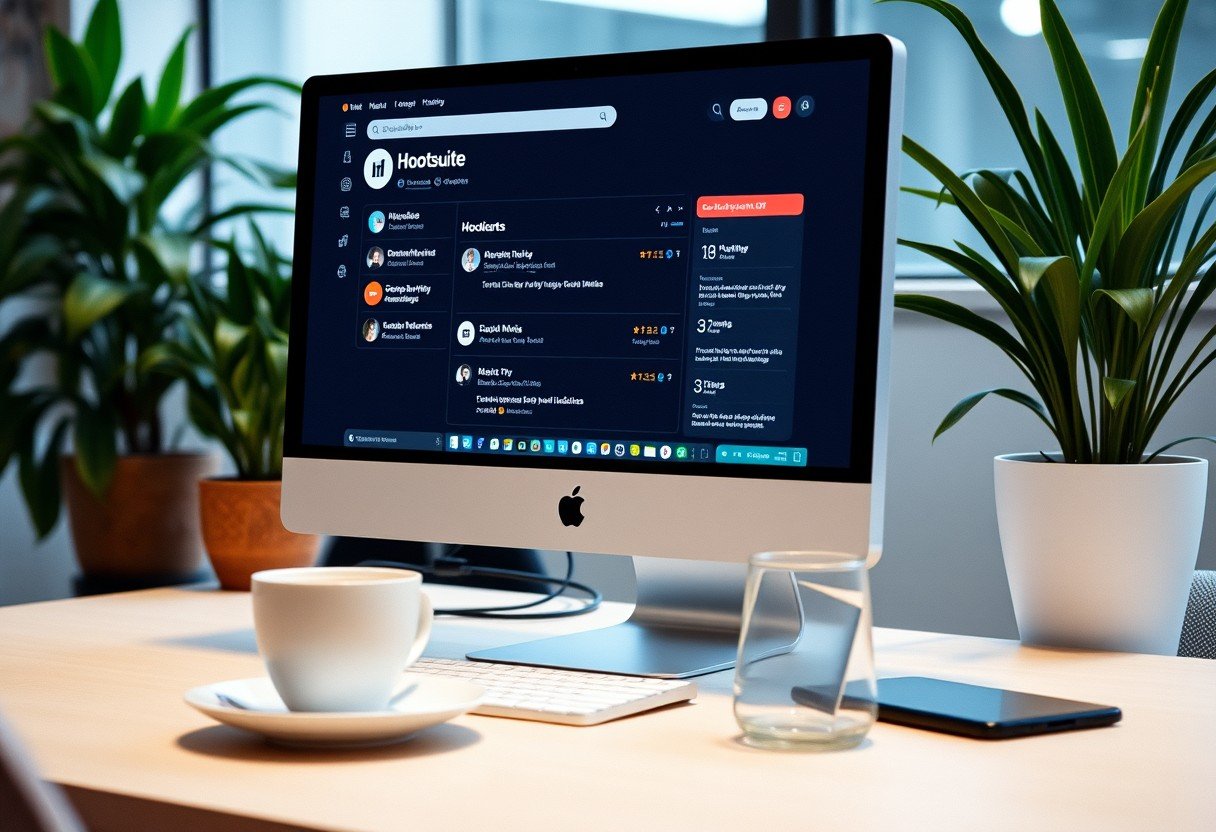
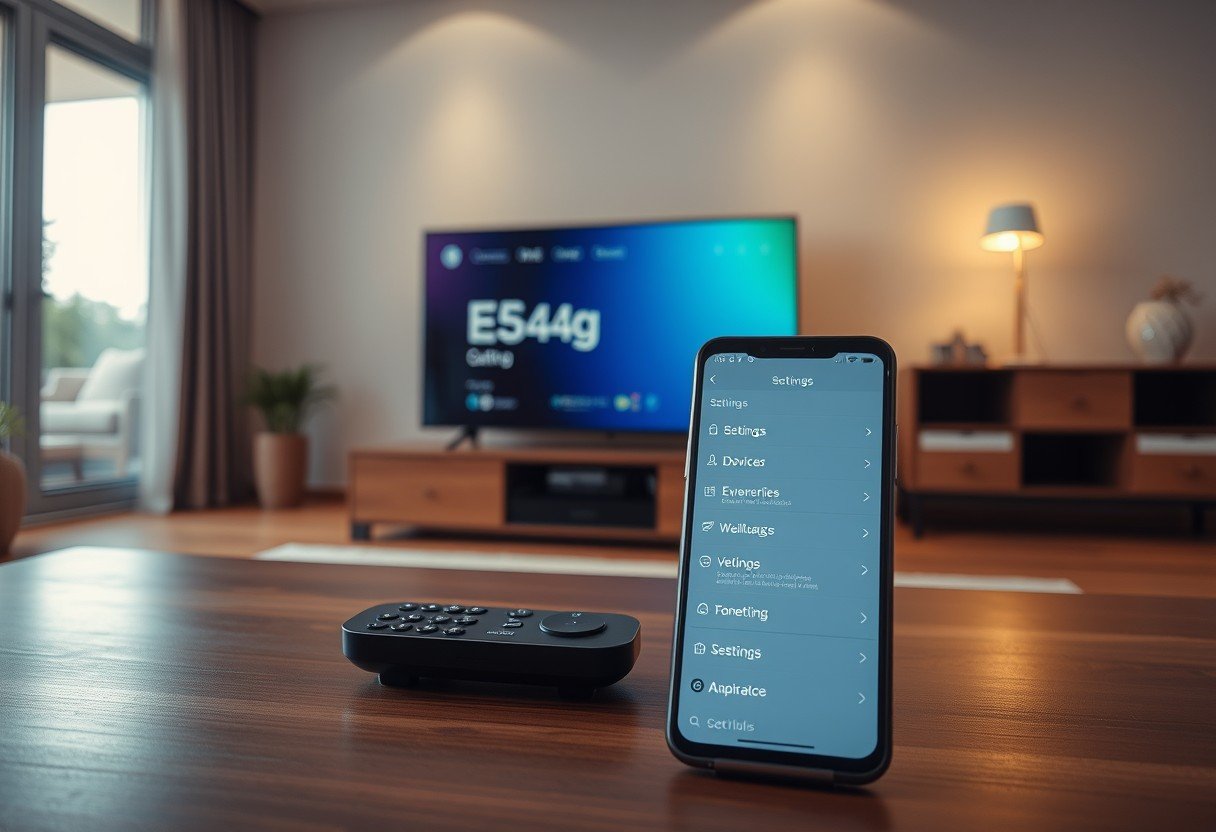

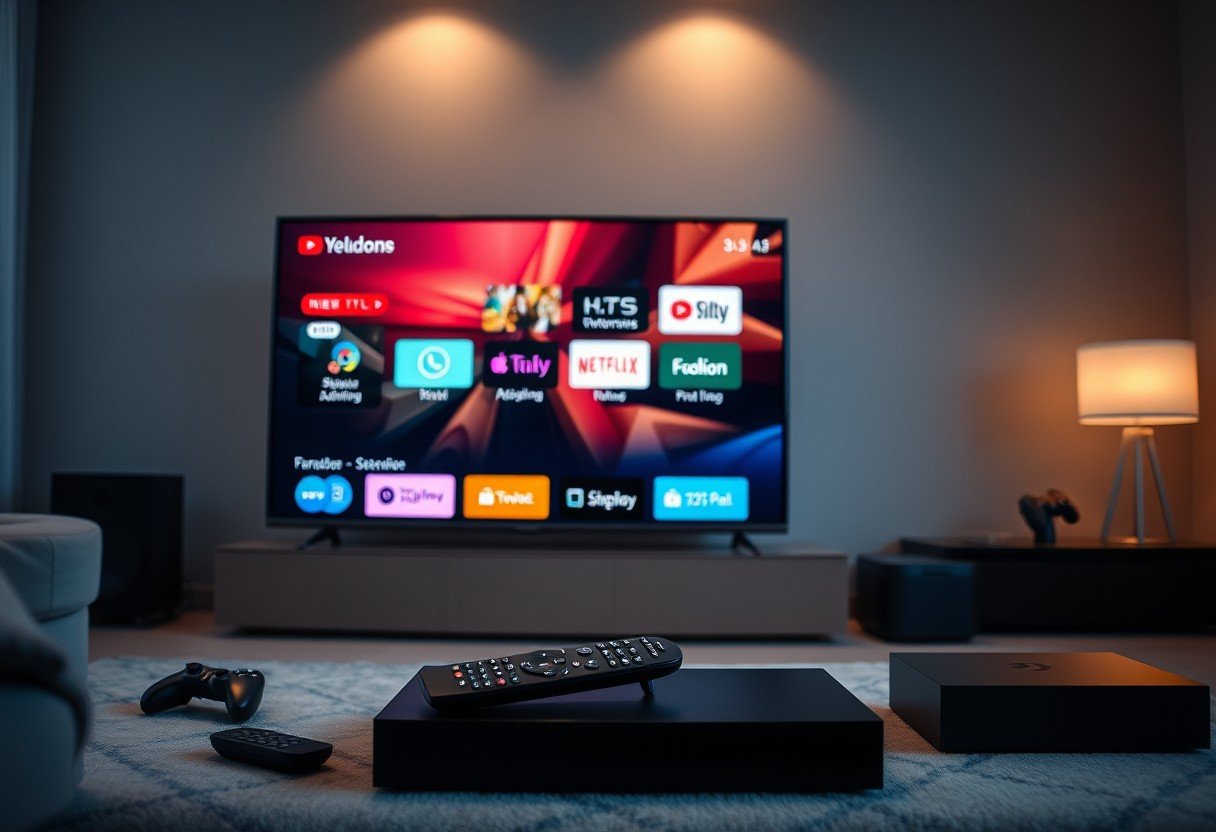
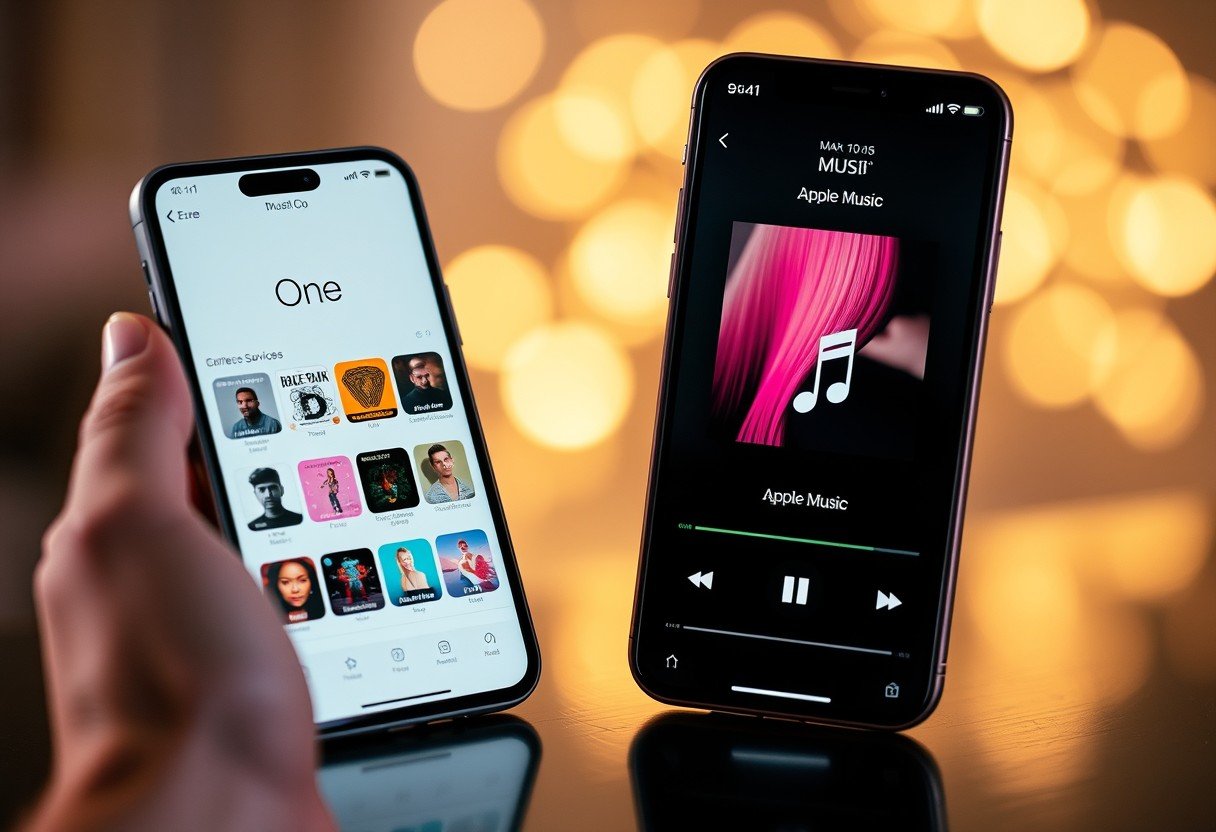

Leave a Comment